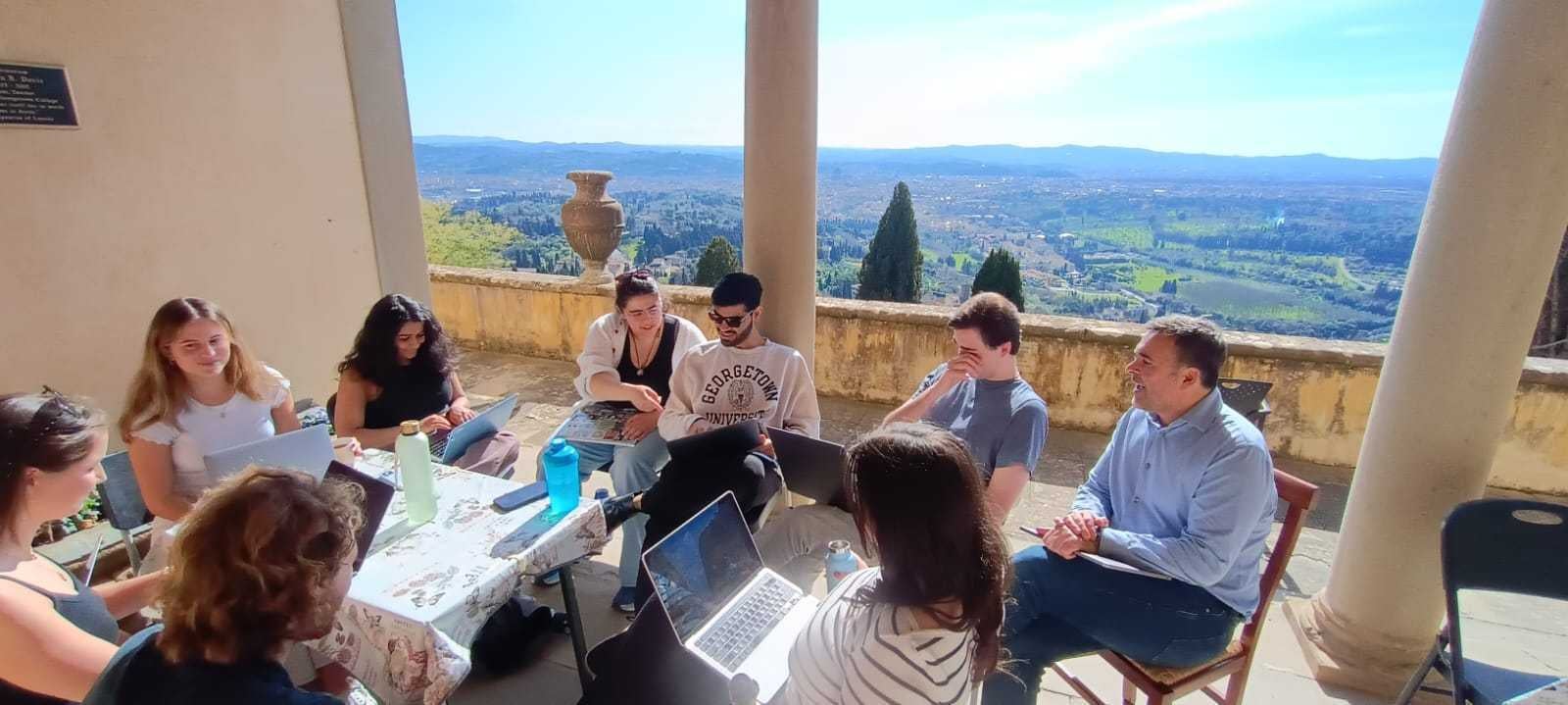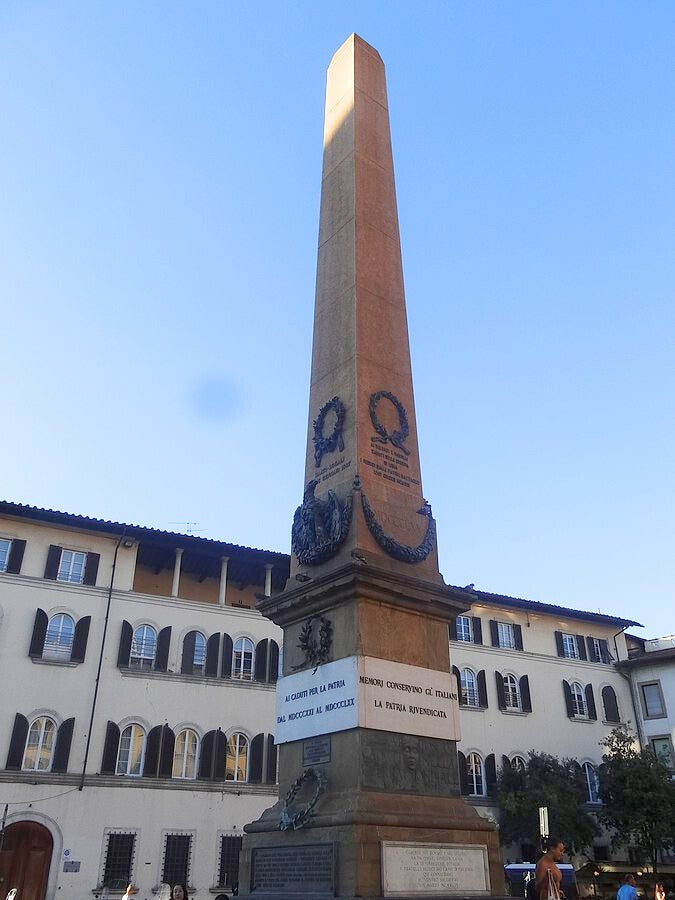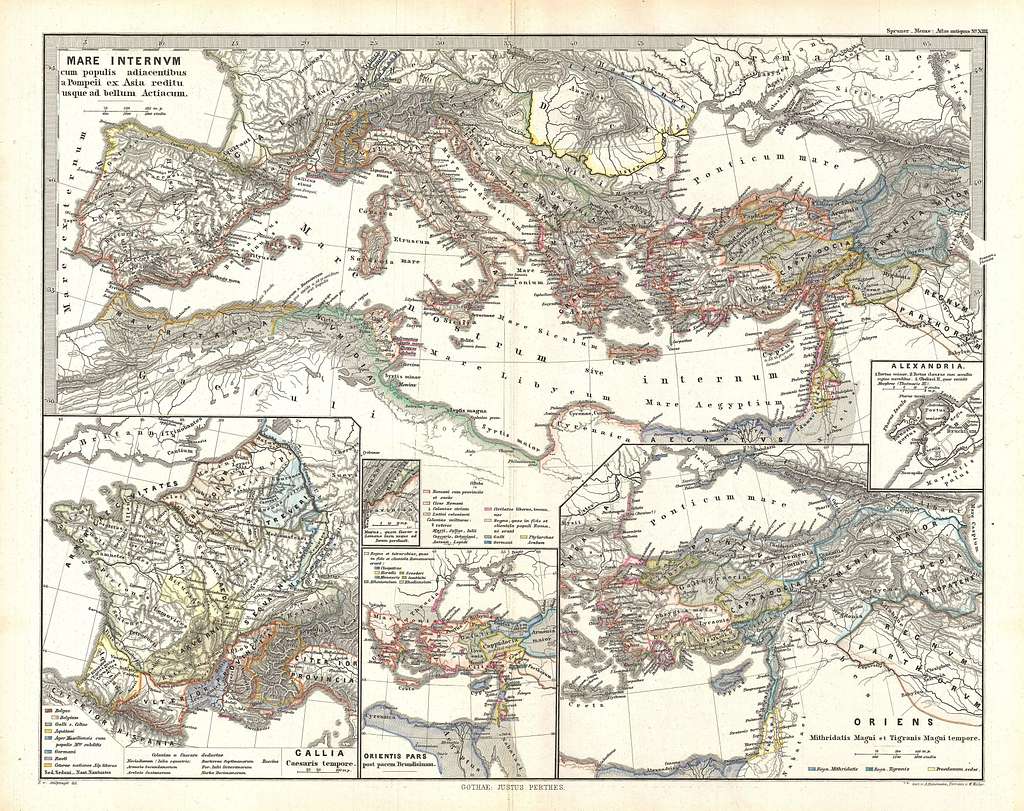Experiencing Modern Italy
Mia Boykin
March 20, 2024 — When Professor Mustafa Aksakal touched down in Italy in January, it was not his first time in the Mediterranean. In fact, he has spent most of his adult life analyzing the complex history of the area. From Morocco to Italy to Syria, the Mediterranean Sea is a hotbed of events for historians, and historians-to-be, to explore. Luckily for us, Aksakal made time in his busy schedule for an interview.
Aksakal is an Associate Professor of History and serves as the Nesuhi Ertegun Chair of Modern Turkish Studies in the Walsh School of Foreign Service. Though most of his work centers on the Ottoman Empire, which is modern-day Turkey, and the Middle East, Italy’s role in these areas throughout history cannot be ignored. Specifically, Aksakal’s classes shed light on Italian imperialism, international relations, and the “selective remembering” that occurs in modern-day Italy.

Students studying at the Villa don’t necessarily arrive in Italy with a full understanding of its modern context, and living in Florence gives them the opportunity to not just learn, but experience, these complex and nuanced topics. “A wonderful aspect of this program is that students come from all sorts of academic backgrounds and academic interests. It’s actually really, I think, productive that students don’t come in with a lot of ideas about what modern Italy is like,” Aksakal said. Not having these preconceived notions of Italian culture, can allow students to keep an open mind when learning.
Though this is his first semester at the Villa, Aksakal says his teaching is similar to that on the main campus. Ultimately, he hopes to bring new perspectives and an authentic grasp of historical content across the board. He says, “I want to help students gain a deeper understanding…and that may not necessarily be immediately relevant to problem-solving, but just a deeper understanding of the world and the past, I think in itself is a great accomplishment.”
Italy’s Muslim Empire
And providing a deeper understanding, he is. The two classes that Aksakal teaches this semester explore the essential history of modern Italy, presenting students with information that creates a more well-rounded understanding of the country. Students are encouraged to explore and understand the “hidden” aspects of Italian history.

The first course, Italy’s Muslim Empire (HIST-2103), focuses on Italy’s Muslim subjects in East and North Africa and analyzes the repercussions of Italian colonialism in today’s society. Through imperialism and colonialism, Italy played a large role in North and East African life. On the importance of this topic, Aksakal said, “So, and in that, colonialism, empire, Italian superiority over North African and East African societies, these kinds of things really mattered and they’re very much kind of written out of history today.”
Living in Florence has allowed Aksakal and his students to discover the history of Italy’s colonial past directly in person. He said, “It’s been exciting to discover remnants, or legacies of that history right here in Florence, sitting in the shadows of the city’s rich Renaissance history. It’s there to see, but you have to look for it.” Specifically, students embarked on a “Colonial Italy” walking tour, a public history project that walks students through stops in Florence that tell stories about Italy’s imperialist past.
One stop featured on the tour is the obelisk in Piazza dell’Unità, a monument that was erected in 1882. The obelisk commemorates Italian veterans who died during the Italian wars of Unification. Three battles of Italian colonial expansion are remembered here, where Italy attempted to conquer Eastern African land during the 1880s and 1890s. This monument not only demonstrates the connection between Italian development and colonialism, but also the upkeep of a national identity and collective history.
Aksakal highlights how the walking tour impacts students, saying, “They’re [students] much more familiar with the country’s ancient past, with its culture, with its popular culture, right? Music, opera, food, and beautiful sights around the country, but more of its ancient history and its Renaissance history. But how modern Italy was made, what a global story that is, and the role that modern empire and colonialism played in that is really, I think, fairly surprising to students.”
The colonial Italy tour experience highlights the core of study abroad, in which students can fully immerse themselves into the content they are studying, and walk away with a genuine grasp on the material.
From Highway to Barrier
The second course Aksakal teaches is The Mediterranean in History: From Highway to Barrier (HIST-2602). The class explores Italy’s place in the Mediterranean from a birds-eye view dissecting how political, economic, and social shifts changed the area from a space of coexistence to one that is highly militarized.

Speaking about the academic design of this class he said, “What are usually the parts of the Mediterranean we think of when we say the Mediterranean, right? We think Italy, France, Spain, maybe Greece, but we don’t think so much of the Eastern Mediterranean and North Africa. And so I see themes and a history there that is also relevant to the Western Mediterranean. So I try to bring the two together.”
Students are able to make immediate connections between what they have learned in their classroom and what they have experienced after class interacting with the local society. From economics to politics, to social structures, Italy’s presence and influence in the Mediterranean is visible in many facets of daily life in Florence.
“You know, I can see that they’re making the direct connection, that they’re able to experience and think about that knowledge, and reflect on that knowledge right here in the environment. And I think that is very different and it’s really a deep way of learning,” Aksakal said, highlighting the unique experience of Villa students.
Studying courses like these at Villa Le Balze provides students with opportunities to gain a well-rounded understanding of Italy. Coursework is no longer vicarious but rather something to experience first-hand. As Aksakal continues his work, students will reckon with these complex legacies as they explore Florence and Italy. To many students, especially those without a background in historical studies, Aksakal might just change their view of the world and the history that built it.
